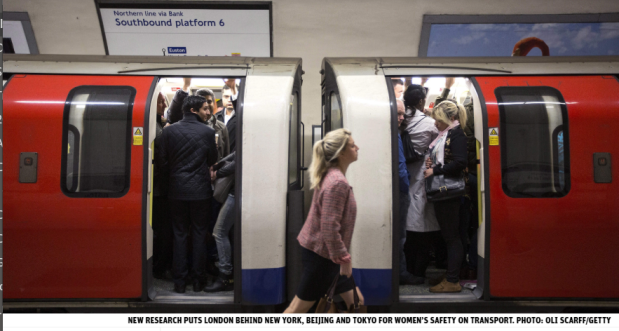Andree Woodcock, a Professor from Coventry University, tells us what we need to know about the H2020 TInnGO (Transport Innovation Gender Observatory) project that concerns the role of women in transport and the need to reduce inequalities in smart mobility. Source: Source: https://www.openaccessgovernment.org/reducing-inequalities-in-smart-mobility/73408/
Why is this needed?
It has long been recognised that women (and other groups) are significantly marginalised in transport. Without research in this area, the transport revolution produced by smart mobility will continue to exclude women and ‘disadvantaged‘ groups (e.g. the elderly, those from lower-income backgrounds, with mobility, cognitive, sensory and communication difficulties). Commuting journeys are privileged by transport systems, over those related to home and social and healthcare. The complex, multilegged journeys by women and those in lower socio-economic groups are not modelled; therefore, future systems will perpetuate the same inequalities.
Recent analysis conducted by TInnGO shows that around 70% of the transport workforce are male and since 1945, only 7% of the transport ministers in TInnGO countries have been female. Gendered and non-inclusive discourses are already being used to promote smart mobility solutions, despite the fact that women most use and support sustainable transport. Clearly, this situation needs to be urgently addressed if the smart city agenda is to fulfil its promises of improving the quality of life for all people.
# # #
Article continues: – https://www.openaccessgovernment.org/reducing-inequalities-in-smart-mobility/73408/

